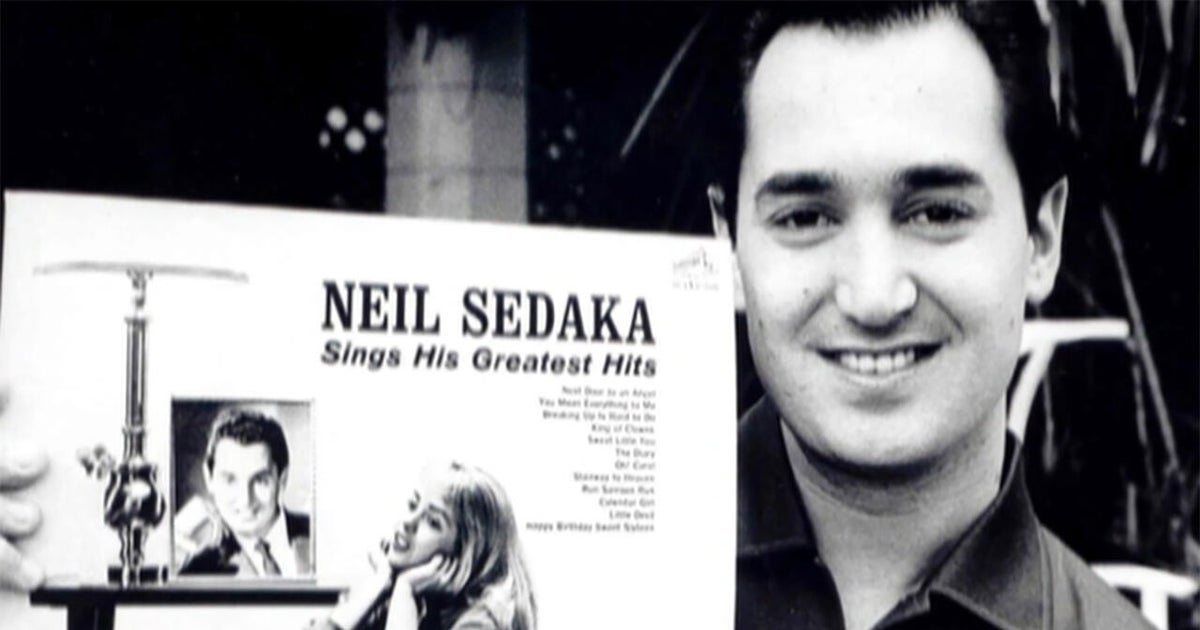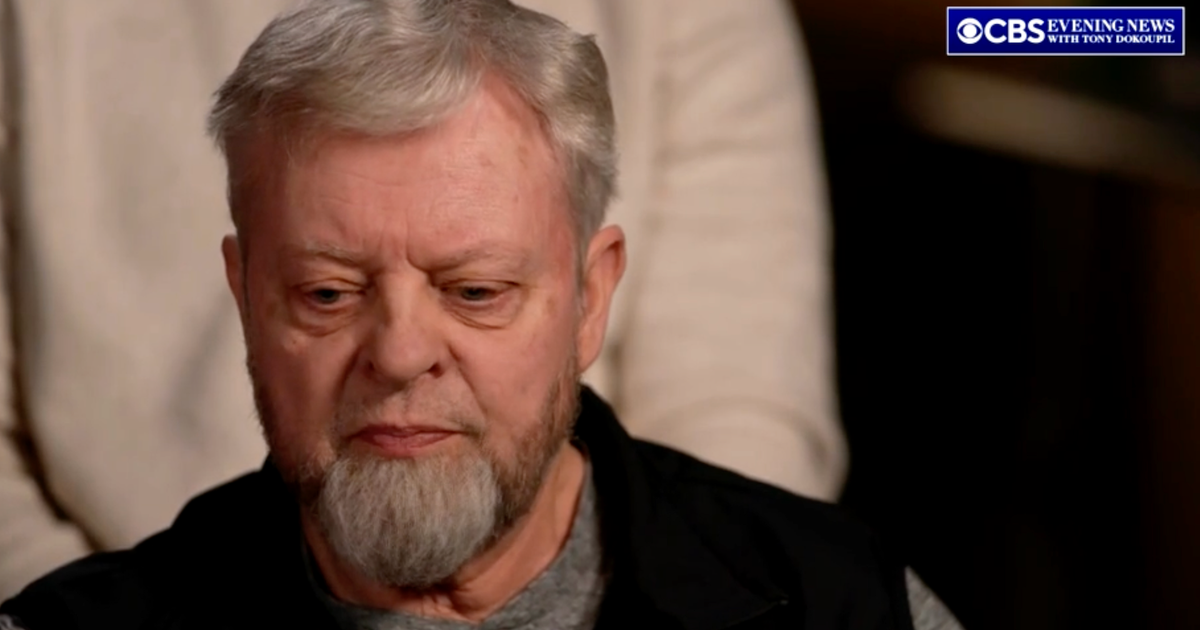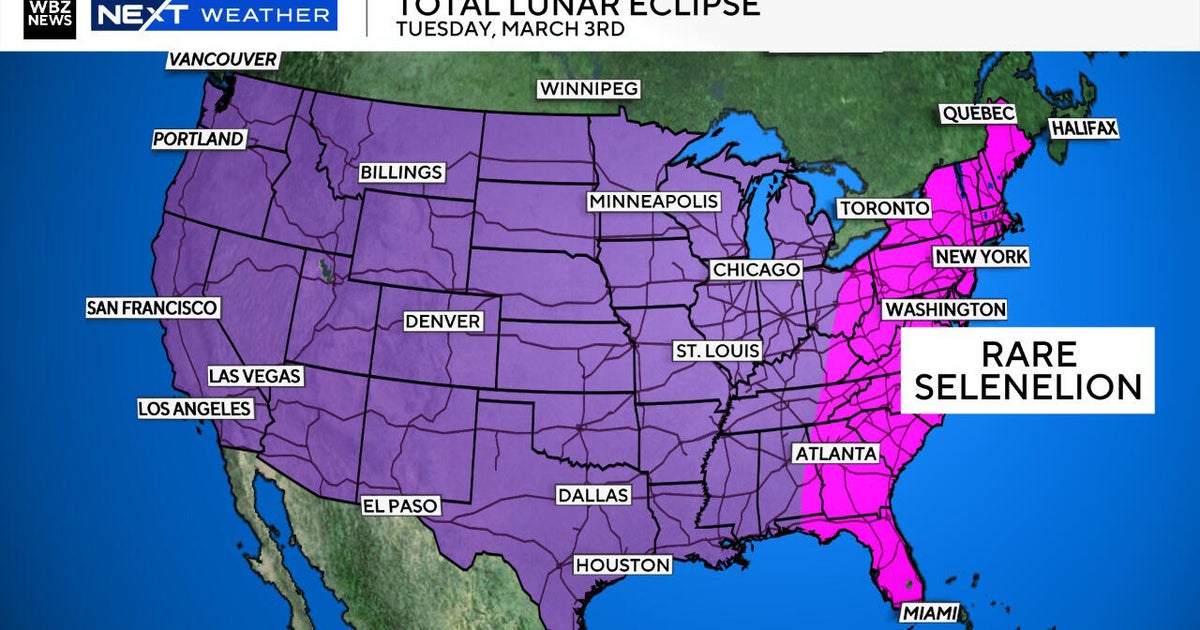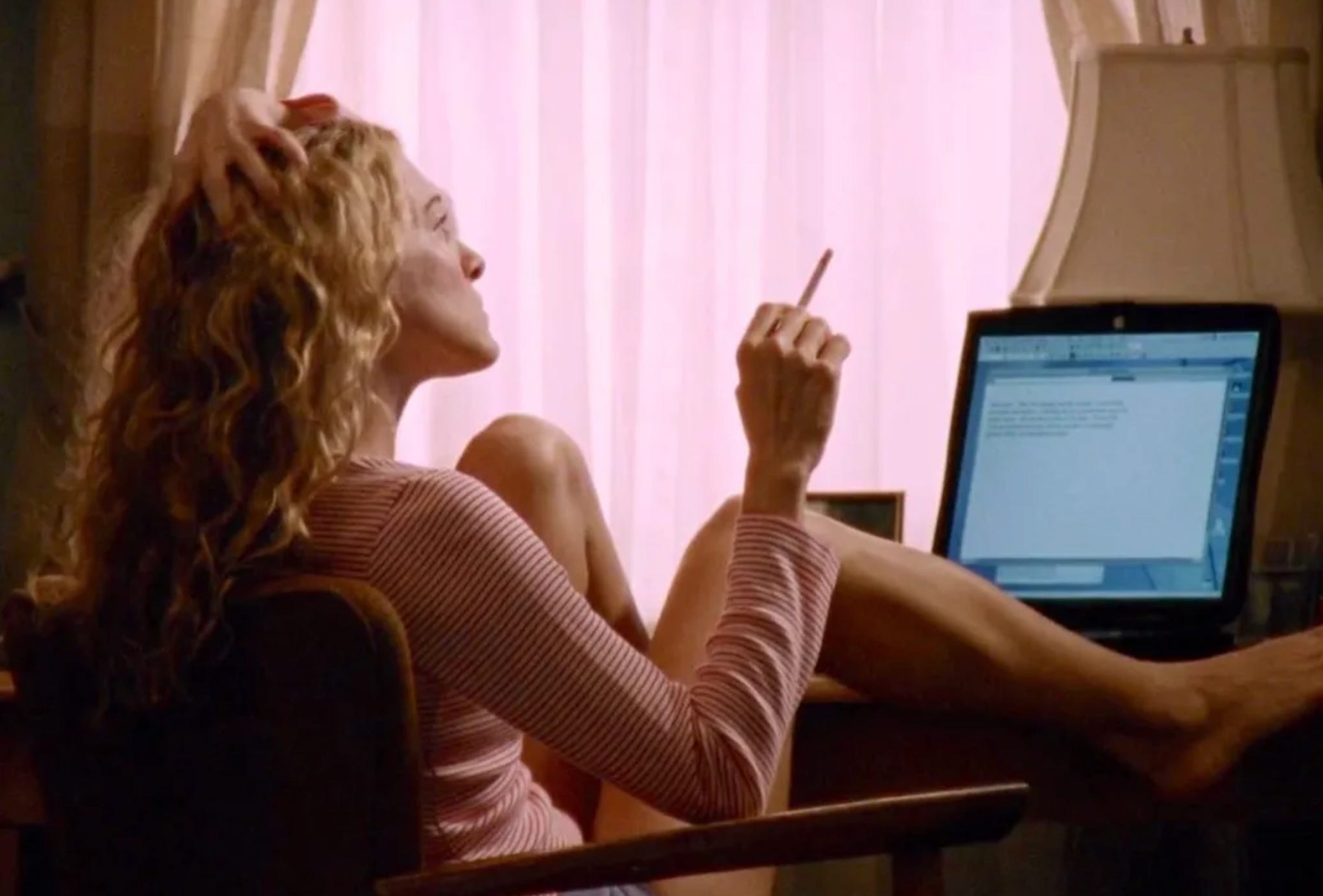J.K. Rowling's magical spell
She's the mysterious woman behind the mystery child who's dominating the literary world, reports CBS News Correspondent Mark Phillips for "Sunday Morning."
"He has black hair, sticking up, he has glasses, he has a lightning bolt."
The lightning bolt is key. And if you're a kid these days, having one matters, because Harry Potter has one, a sign of his wizardry.
The three Harry Potter books published before this weekend were sitting pretty for a time at No. 1, 2 and 3 on top of The New York Times bestseller list - something that's never happened before.
It has resulted in a magical turnaround in the life of author J.K. Rowling, known to her friends as "Jo," who just a few years ago was penniless in the Scottish capital of Edinburgh, a recently divorced mother with a baby daughter.
"And I suddenly thought, 'wizard school'!" says Rowling. "And I got so excited about the idea; I really did. I didn't have a working pen on me, so I just had to sit there for four hours and think, and loads of characters that appear in the book came to me during that train journey."
The characters were written into the first Harry Potter book, which sold by word of mouth. By the time the second and third books came out, kids were lining up for them. There was an avalanche of demand for the fourth book, Harry Potter and the Goblet of Fire, now being released this weekend. Now they write to the author with suggestions about what the magic characters should do.
"I was totally realistic about what children's books involved," says Rowling, "And that involves really no money at all. I mean, a lot of really great children's writers I know also do other work. They have to."
What may be most amazing about these books is the magical power they have over kids. They're old-fashioned page turners: There's nothing high tech about wizardry, and Harry Potter has no relation to reality - virtual or otherwise.
The charming story, which began on a train, of the wizard boy and his magical world seems to have enchanted that much sought-after audience: children of all ages.
"In my imagination, Hogwart's is set in the north of Scotland," says Rowling of the wizard school. It's almost as if she took her inspiration from her surroundings, the brooding castle that sits above Edinburgh, but she didn't. It is handy, though, for illustrating the magical world of Harry Potter, a world nonmagical Muggles like the rest of us are too narrow-minded to see.
The castle's great hall, for example, could be the hall at Harry's school, almost. The obvious difference, Rowling points out, is that "the ceiling in the great hall at Hogwart's is enchanted, so it looks like the sky outside, whatever the weather's like and whatever time of day it is. Possibly fewer weapons."
And her literary weapon is an understanding of the childhood psyche.
"I was very aware when I was writin that this is a very common fantasy for children," she explains. "'These boring people cannot be my parents. They just can't be. I'm so much more special than that.' And I think nearly everyone I know went through that at some point, and then the idea that not only are you leaving this boring existence, but you really are special. You're not only magical, but you're famous as well."
Rowling herself doesn't have any good explanation for the wild success of Harry Potter, except that her fascination for Harry's world is reflected in the detail, the departments in the Ministry of Magic, the foods like Bertie Bott's Every Flavor Beans.
She says, "I just thought it would be amusing...if it really was every flavor, and it included toenail clippings and bogies."
"And earwax," Mark Phillips chimes in.
"Well, the funny thing is that everyone gets that, because everyone must know what earwax tastes like," Rowling observes. "We all know, but it's not something you're going to talk about a lot; is it really? And it does taste revolting, I hear."
But Harry Potter is progressing beyond eating earwax. He's getting older, along with his readers and going through the same things they're going through.
"Part of the reason it's so much fun to write is they're all discovering their hormones, which is always fun to write about. And they're mainly in love with the wrong people, just to make it like life," says the author.
And as the characters age, the plot line becomes more mature as well. Harry Potter becomes Murder, She Wrote in the next installment, and everyone's afraid a favorite supporting character - perhaps Ron or Hermione - will be killed off.
Rowling confirms that the stories will become darker, adding, "People are going to die. And when I tell children that, they always say, 'Don't kill Ron!' I say, 'No one's bothered about Hermione.'"
"No one gives a damn about Hermione. Everyone thinks she'll be fine," she says.
So does Ron live or die?
"I can't tell you that. Outrageous question," comes the reply.
In a way, Jo Rowling's journey has been no less magical than Harry Potter's. She says there will be seven books in the series and that she's already written the final chapter.
But to find out how it all ends, we'll have to take Harry's magical journey to the end of the line.



